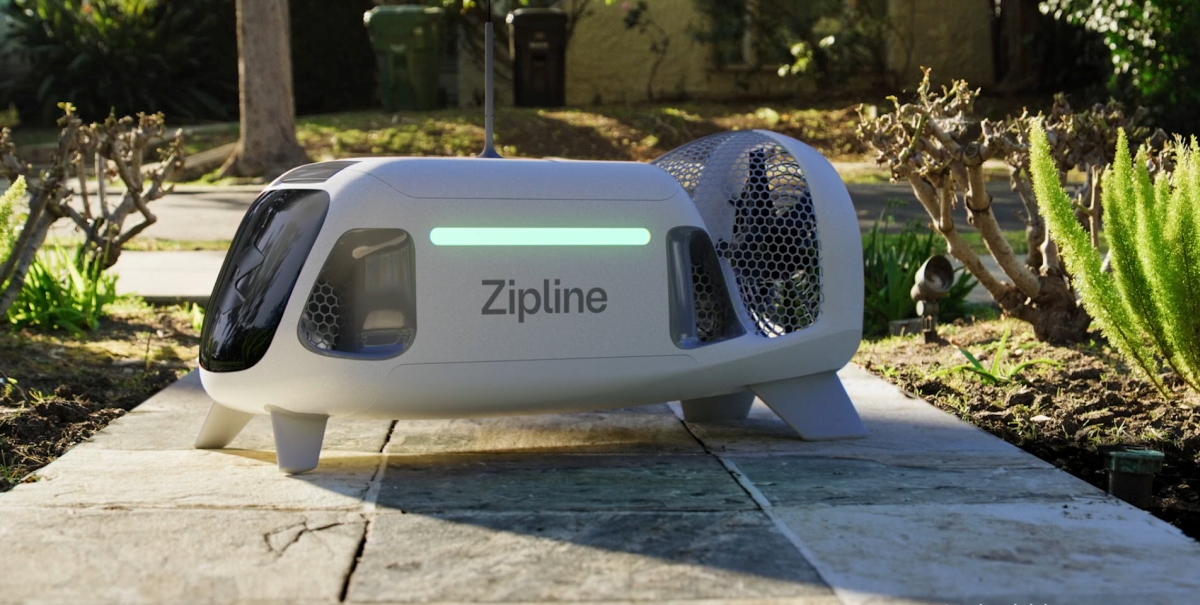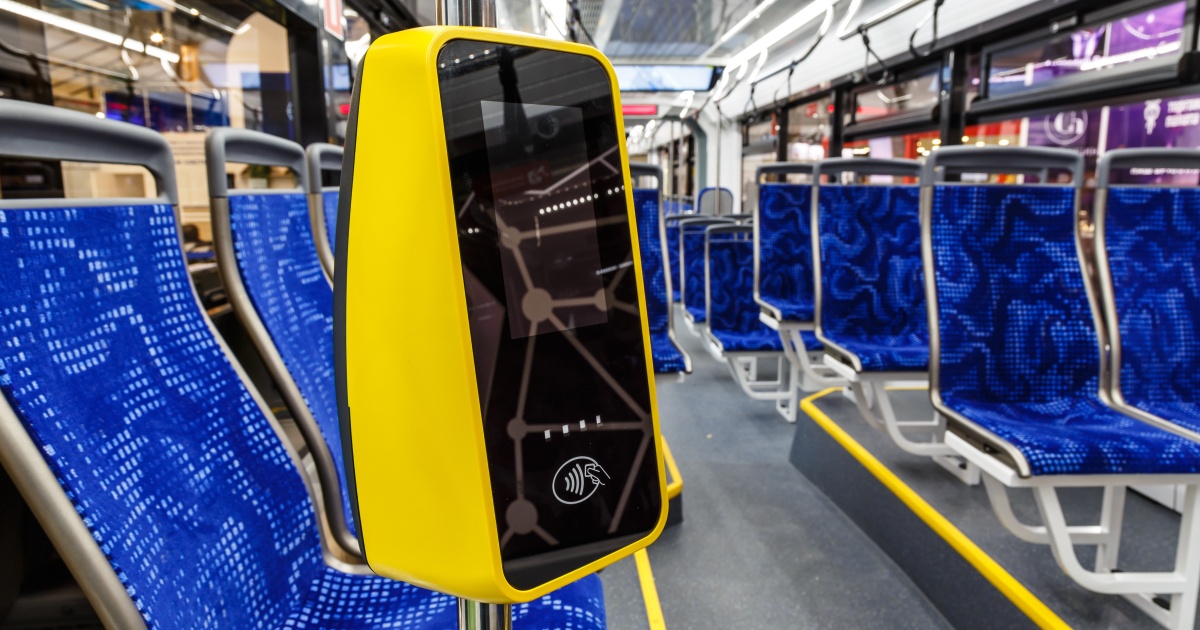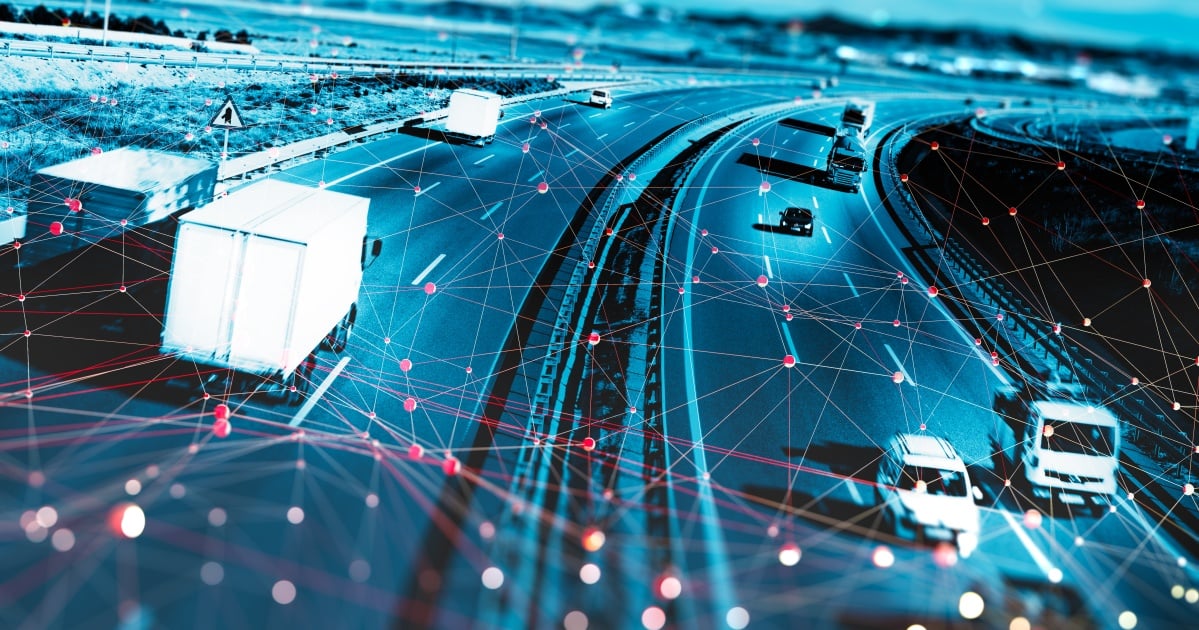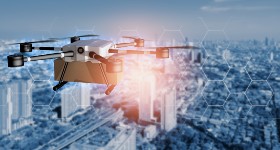A study published in Nature Climate Change last week has projected that robot-driven taxicabs (think Total Recall ) could dramatically reduce the emissions of greenhouse gasses, and much sooner than you would think. The study estimates that squadrons of these taxis could be in use in major cities by the year 2030.
So-called “robocabs,” a fleet of self-driving taxis, would reduce vehicle emissions by 94 percent per mile when compared to the taxicabs used today, according to the study. Jeffrey Greenblatt, a scientist at the Lawrence Berkeley National Laboratory and one of the co-authors of the study, believes that substituting a mere 10 percent of today’s car rides with trips in these robocabs, the United States could cut a full one percent of its carbon dioxide output in 2030. Furthermore, replacing 10 percent of today’s taxicabs with these new robocabs would represent a 2 percent decrease in greenhouse gas emissions, according to Greenblatt.
There are two main reasons why these robocabs would be so much more environmentally friendly than their current predecessors. First and foremost, they would be entirely powered by electricity, a dramatic improvement over today’s gas-powered models. Second, as opposed to having huge numbers of taxis roaming the streets, looking for a fare, the companies controlling these robocabs would only dispatch upon request, much the way Uber works now. The size of the robocabs would also vary based on how many passengers request a ride. This would also reduce waste by eliminating the deployment of unnecessary assets.
Image via Shutterstock Greenblatt’s study focused directly on the comparison between these robocabs and the use of modern taxicabs. However, he also expressed the hope that this technology will grow to replace some everyday driving that people do now in their own personal vehicles. He offers their convenience as the main reason Americans will want to make the switch, saying “You could be reading a book or texting while driving across town.”
Only time will tell the extent to which these robotic taxicabs will catch on. But any sort of infiltration into the transportation market will result in a decrease of the environmental impact of the United States.





